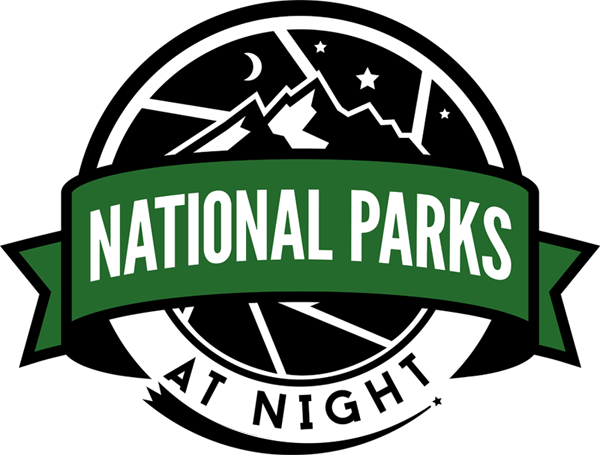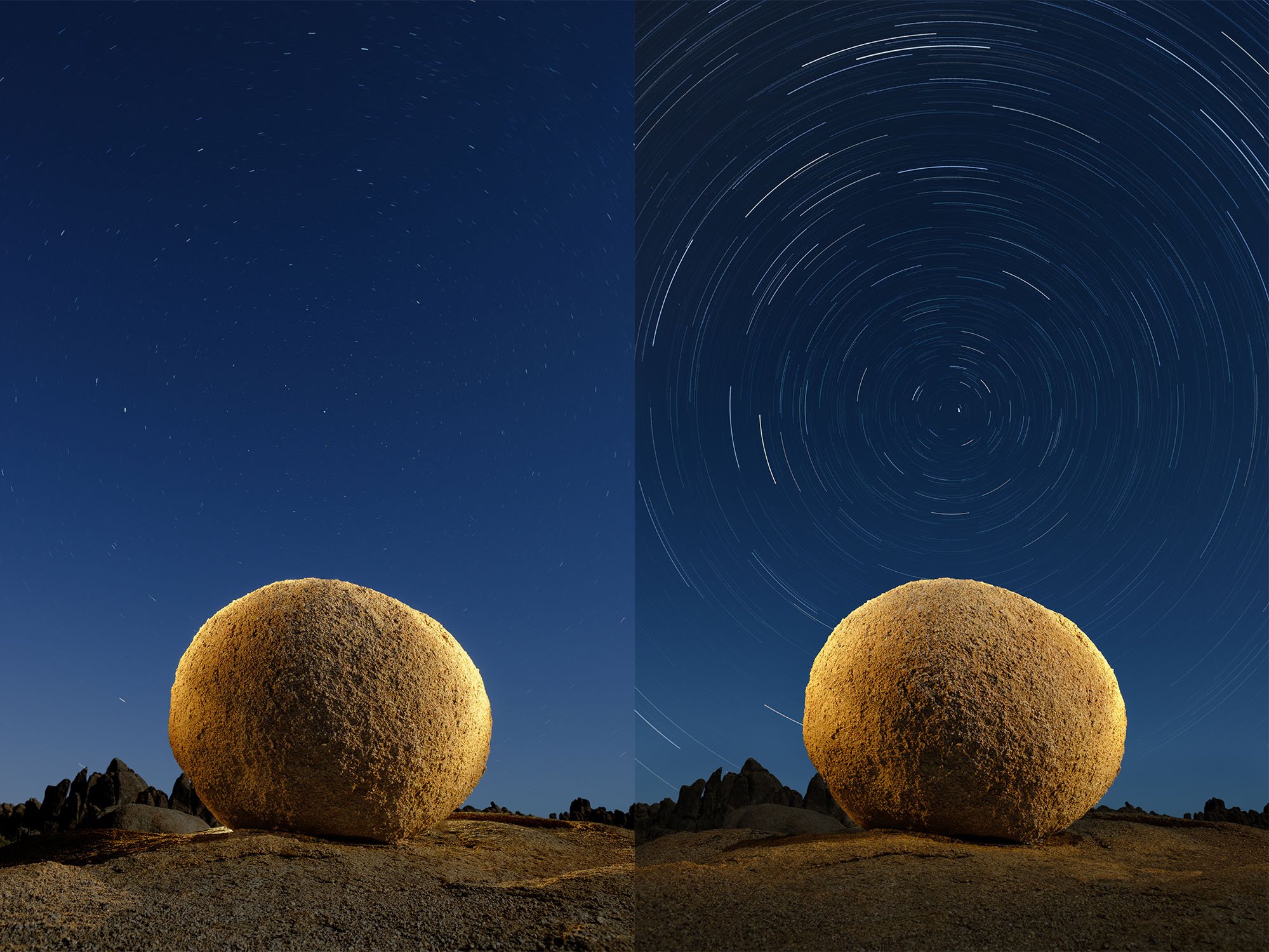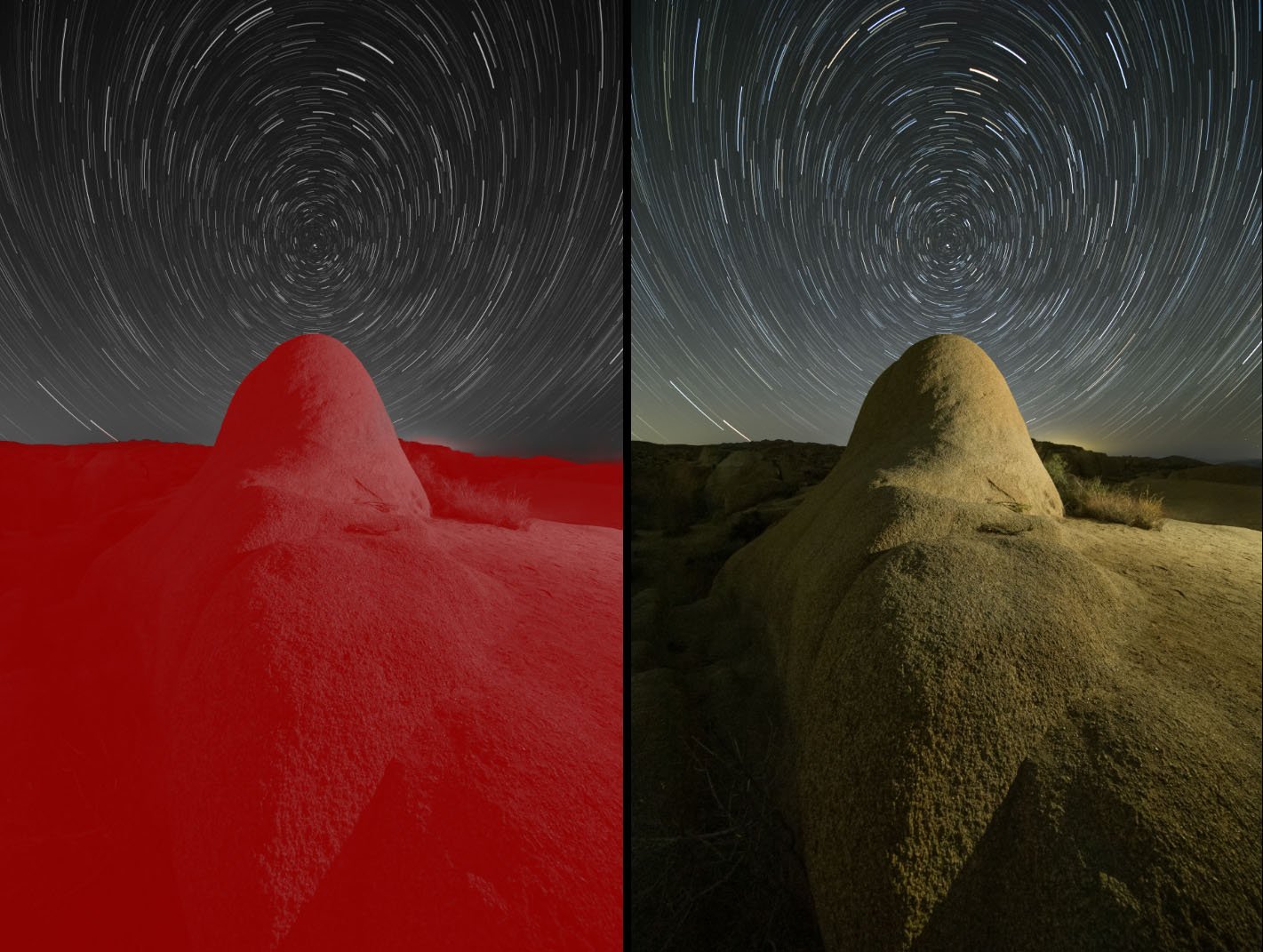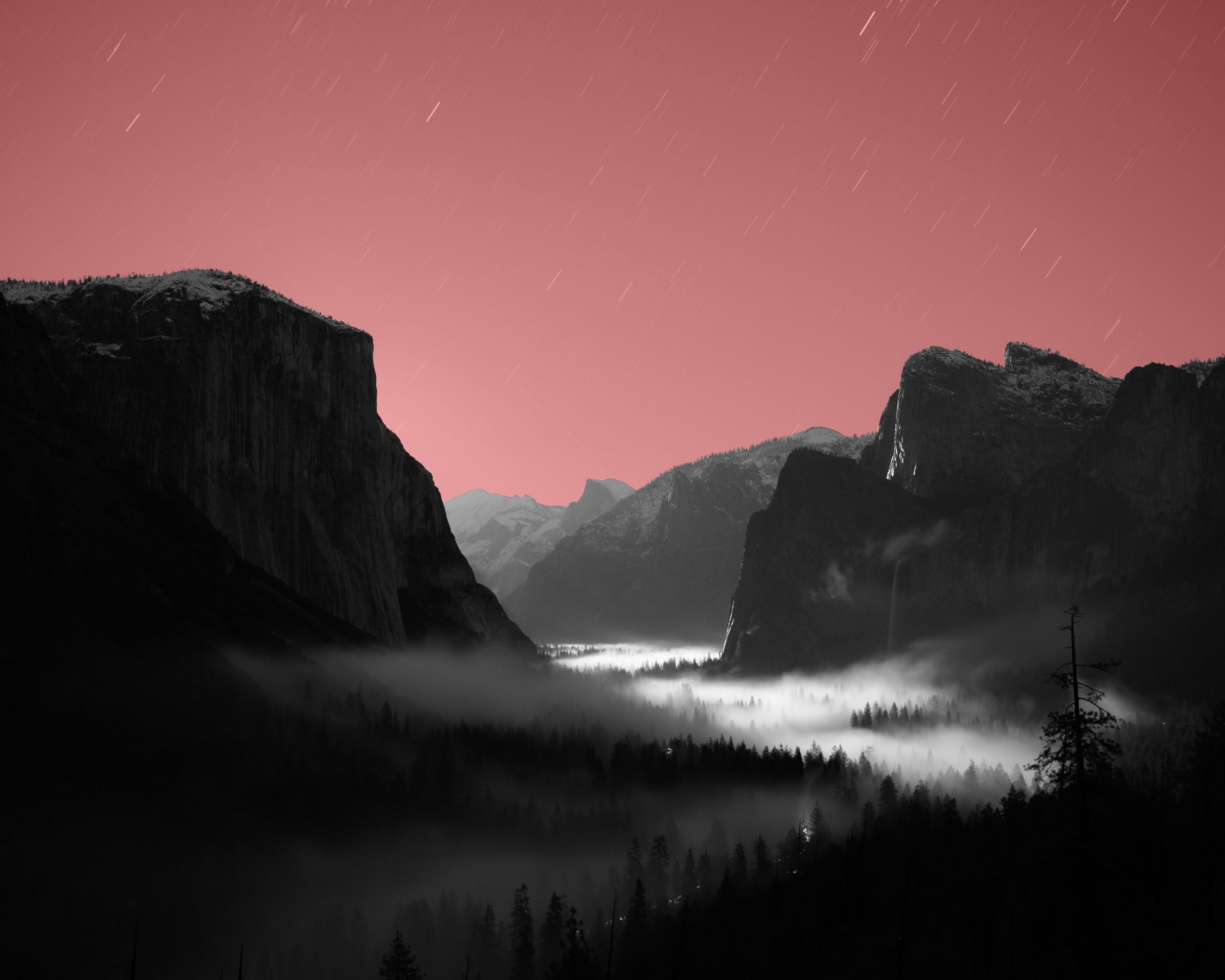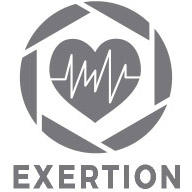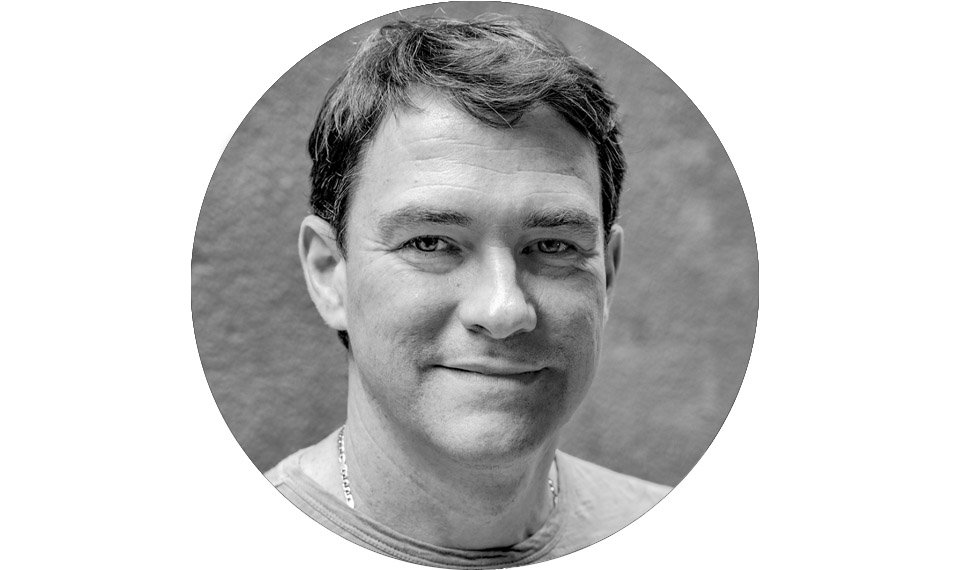Post-Processing Intensive: Asheville
You’ve spent a lot of time building your camera skills and honing your photographic vision. Now it’s time to take it to the next level. Over 6 days in the heart of the North Carolina mountains, we'll teach all the skills needed to use modern technology to finish our photos, and even to create images that were impossible only a few short years ago.
Workshop Details
Asheville Workshop
June 19-24, 2023 — Completed
This is a 5-night, 6-day workshop. Your experience begins at 10 a.m. on June 19 and ends on the afternoon of June 24.
$2,195 + applicable taxes. Register below.
Skill level
Open to all who have an understanding of the basic principles of photography and of their cameras.
Group size
14, with 2 instructors — 7:1 ratio
Workshop Leaders
Add-On: Cataloochee Valley & the Blue Ridge Parkway
This is an optional 2-night experience in the quiet Cataloochee Valley of Great Smoky Mountains National Park. See further below for more info. Details will be announced soon.
Skill level
Intermediate and above.
Group size
14, with 2 instructors — 7:1 ratio
Registration
This event has passed. Thanks for your interest!
| • Deposit of $600 is required to reserve your spot at the workshop. |
| • Balance of $1,595 is due on March 20, 2023. —> Pay balance here. |
| • You may choose the “Pay in Full” ticket if you desire to pay all at once. |
| • Last day for a cancellation request is March 19, 2023 (see cancellation and refund policy). |
| • The workshop fee does not include lodging, food, airfare, entrance fees, or transportation to the lodging or to our shoot locations. |
The Post-Production Intensive Experience
If you are ready to take control of the entire creative process, this workshop is for you.
This immersive course will be based in the Biltmore area of Asheville, North Carolina. We’ll spend six days in the learning studio studying and practicing the ins and outs of Lightroom and Photoshop.
Don’t worry, though—all work and no play make … well, you get the idea. We’ll also get you out to make some images in this beautiful area of the Blue Ridge Mountains. Summer twilight lasts late, and those deep blue dusk skies provide a perfect balance for the lights of the semi-urban landscape.
Asheville is rich with art and historic architecture. Many artists call it home, a lovely enclave in the mountains that’s quiet enough to be comfortable but vibrant enough to keep the energy flowing. The Downtown Art District is rife with museums and galleries, and the River Arts District is filled with renovated factories that now serve as studios.
We’ll be staying right near the Biltmore, an 8,000-acre estate with rolling meadows, active farms, gorgeous gardens, a vineyard and winery, the centerpiece 19th century Châteauesque-style mansion and much more.
The Add-On Experience
Cataloochee Valley
Great Smoky Mountains is the most-visited national park in the United States, and is particularly busy in summer. But way at the eastern edge of the park is the quiet Cataloochee Valley, reached by only two roads (one of them a bit gnarly) that are inaccessible from anywhere else within the park’s borders.
Within the valley are the hand-hewn remains of a 19th century mountain settlement, including two churches, a school, houses, and barns and other farm structures. All of this is nestled among pastures and meadows, trickling brooks and herds of elk, surrounded by Appalachian forests backed by a 360-degree view of 6,000-foot peaks.
We will spend 2 nights exploring and photographing the area, shooting the Milky Way over the meadows and fireflies at the tree lines, and light painting historic structures that have stood for over a century in this peaceful mountain valley.
Not only will the experience be a fun toe-dipping into a relatively scarcely visited area of Great Smoky Mountains National Park, but it will also provide fresh material to practice the post-production techniques you’ll learn to master during the following week in Asheville.
More information will be sent after registration.
Note: This optional add-on is available only to workshop attendees. You will receive a link to purchase a ticket (if desired) after registering for the main workshop, and once we finalize pricing.
What You Should Know
We want you to get the most out of your workshop experience. Struggling with computer skills while you are trying to learn two new software programs is no fun. Please be sure you have the following skills before arriving:
basic computer navigation
downloading your images from your camera and storing them in folders on your computer
viewing your images after downloading them to your computer
selecting images and transferring them to a flash drive
A laptop loaded with the latest versions of Lightroom Classic (not the cloud-based version, which is called just Lightroom) and Photoshop is mandatory for the class. If you are currently using Lightroom Classic and Photoshop, you are all set. If not, click here to purchase and download the latest versions from Adobe. You’ll want the Photography Plan. Currently the cost for both programs is $9.99 per month with an annual subscription.
If you would like to attend this workshop but are unsure whether you have adequate night photography skills, we can offer pre-workshop tutoring to get you ready for your adventure with us. Alternatively or additionally, a few of us have written books that may be productive pre-workshop reads.
What You Will Learn
The goal of this workshop is to teach you the necessary skills to take complete control of your post-processing—from searching, organizing and editing your images in Adobe Lightroom to stacking, blending and fine-tuning your images in Photoshop.
Areas of focus:
understanding the Lightroom Catalog
making full use of the Library module in Lightroom
understanding how and why we adjust our images
gaining a complete understanding of Lightroom’s Develop module, including the new masking and selection tools
the connection between Lightroom and Photoshop
layers and masks in Photoshop
star stacking
blending separate foreground and background frames
and much, much more …
Night Conditions
Logistics & General Info
Travel
You are responsible for your airfare and transportation to the hotel.
Rental Car
You won’t need a rental car for the workshop, as our meetings will take place at the hotel and the couple of nights of shooting could be accessed either by carpooling or taxis/Ubers. Taxis and Ubers/Lyfts are readily available, including for transportation to and from the airport.
Should you decide to rent a car, a sedan is plenty. Four-wheel drive is not necessary, even for the optional add-on experience to Cataloochee Valley.
If you are interested in sharing a car rental, let us know and we will try to connect you with someone in the group.
Nearby Airports:
Asheville Regional Airport (AVL) — 15 minutes from hotel
Greenville (GSP) — 1.5 hours
Tri-Cities (TRI) — 1.5 hours
Charlotte (CLT) — 2 hours
Lodging & Food
You are responsible for arranging and paying for your own accommodations and meals.
Lodging
You are not required to stay at the official workshop lodging, though doing so does make it easier to meet with the group each morning.
Info and group code will be sent after you register for the workshop.
If you are interested in sharing a room, let us know and we will try to connect you with someone like-minded in the group.
Food
Asheville has plenty of fantastic food options, including restaurants and grocery stores of every ilk.
Weather
Expect highs in the low 80s, lows in the low 60s.
Recommended Attire
During the day we’ll be indoors in climate control, so feel free to dress in whatever makes you comfortable.
On one or two of the evenings we’ll go out shooting. Bring shoes that are comfortable for walking, as well as long pants, and a long-sleeve T-shirt/sweatshirt or a light jacket.
Exertion Level
The exertion level for the main part of the workshop is Relaxed. (See more about our classifications.)
During the week of post-production training, we’ll spend our days sitting in the comfy meeting room at the hotel. On the one or two evenings that we shoot as a group, the locations will be easy to access and navigate.
During the add-on, the shoot locations will be within a short, easy walk from the cars.
Considerations
You must have he latest versions of Lightroom Classic (not the cloud-based version, which is called just Lightroom) and Photoshop installed on your computer before the first morning of the workshop. You may click here to purchase and download thes. You’ll want the Photography Plan. Currently the cost for both programs is $9.99 per month with an annual subscription.
Please read our FAQs section for more information about skill and gear requirements, and other information that pertains to all our workshops.
If you have questions, please contact us—we're happy to talk it over with you.
The Other Half of Photography …
“I love digital because it has allowed me to grow beyond the limits I thought existed for a photographer.”
Processing has always been half the process. Half the photography process, that is. The initial capture is just the starting line—it gets us only partway to a completed photograph. Whether it be in a darkroom or in Lightroom, processing is what gets us to the finish line.
Of course, ideally we don’t want to use processing to fix our in-field mistakes. That’s just using it as a crutch. But knowing how to post-process well affects our in-field decisions. If we know what we can do on the computer to finish our vision, then we better know what to do with the camera to start it.
I still remember my first time using Photoshop, sitting in my shared office at Golf Digest magazine in 1994, editing a file from a scanned black-and-white negative. I knew how to use a darkroom, but this new technology shocked me—in a good way. I was mesmerized by the technology, both by how it made my job easier and how it would clearly expand the horizons of my creativity.
I love the era of digital photography. It has put more creative control into the hands of the person who should have it: the photographer. In the film days, most photographers delegated that responsibility to professional lab technicians. But now we all have the modern equivalent of a darkroom on our desk (or lap) at home. We are taking control of how our art looks, rather than letting someone else finish it for us.
I love digital because it has allowed me to grow beyond the limits that I thought existed for a photographer. Digital has allowed me to open doors to grander creativity, and it can allow you to do the same. The keys to those doors are post-processing skills. In this workshop, we’ll be handing those keys right over to you.
